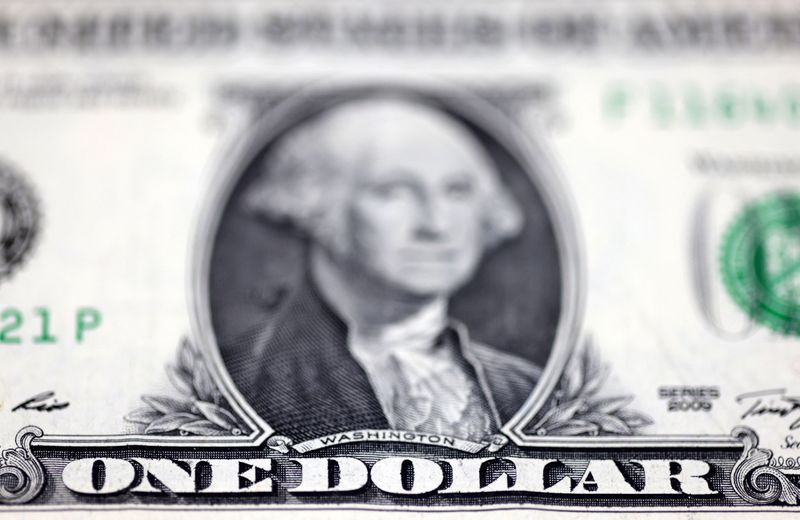Investing.com -- Most Asian currencies moved in a flat-to-low range on Wednesday, while the dollar steadied amid caution before key U.S. inflation data due later in the day, while concerns over a sluggish economic recovery in China continued to weigh.
The Chinese yuan fell 0.1%, inching closer towards the 7 level against the dollar as softer-than-expected imports data from the country raised questions over the sustainability of a post-COVID economic rebound.
China’s exports also grew at a slower pace in April, pointing to continued pressure on the manufacturing sector as it grapples with weak overseas demand. Markets are now awaiting Chinese inflation data for April, due on Thursday, for any signs of a pickup in local spending.
Concerns over China weighed on other currencies with trade exposure to the country. South Korea’s won rose 0.1%, while the Taiwan dollar and the Singapore dollar both traded sideways.
Risk-heavy Southeast Asian currencies retreated slightly, with the Philippine peso and the Malaysian ringgit down 0.1% each.
The Australian dollar rose 0.1%, rising for seven of the past eight sessions after a surprise interest rate hike by the Reserve Bank earlier this month.
The Japanese yen fell 0.1%, extending losses into a fourth straight session as expectations of dovish local monetary policy largely offset some safe haven demand for the currency.
Broader Asian currencies moved little, while the dollar steadied after two days of gains as markets hunkered down before U.S. consumer price index inflation data due later in the day.
The dollar index and dollar index futures both moved less than 0.1% in either direction on Wednesday.
Wednesday's reading is expected to show that while inflation eased further in April, it is still expected to read well above the Federal Reserve’s 2% target range. Markets fear that any signs of stubborn inflation will invite more hawkish measures from the Fed this year.
While the central bank is expected to keep its rate hike cycle on pause in the coming months, traders have been trimming their expectations for any interest rate cuts this year, following signs of strength in the jobs market.
Fed Fund futures prices show that markets are pricing in a nearly 78% chance that the Fed will keep rates on hold in June, as well as a 55% chance of a hold in July.
The Fed has also largely downplayed any expectations for a rate cut this year.
